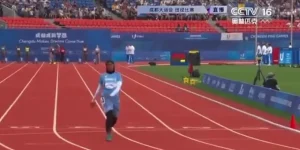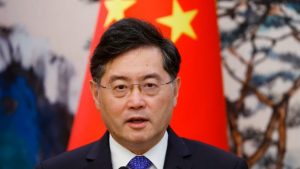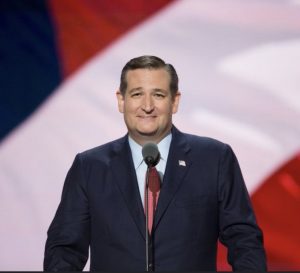Chinese leaders endorsed a sweeping overhaul of Hong Kong’s electoral system Tuesday, slashing its number of directly elected seats and ensuring a majority of the city’s lawmakers will be selected by a reliably pro-Beijing committee.
The new measures, which bypassed Hong Kong’s legislature and were imposed directly by Beijing, are the latest move aimed at quashing the city’s democracy movement after huge protests.
“President Xi Jinping signed presidential orders to promulgate the amended annexes,” China’s official Xinhua news agency said of the changes to Hong Kong’s Basic Law, the mini-charter that gifted the city special freedoms within China since ex-colonial power Britain handed over the territory in 1997.
Hong Kong’s 7.5 million residents are still not sure exactly what the new law contains with no hard details published.
But Tam Yiu-chung, Hong Kong’s sole delegate on China’s rubber-stamp parliament, gave a teaser of what was to come, including the creation of a dossier on each candidate to be vetted by security services in the city.
“The National Security Committee and the National Security Police will provide reports on every single candidate to assist the vetting by the qualification review committee,” he told AFP.
China’s Communist Party will be key to deciding if a Hong Konger is a “patriot” and therefore eligible to run for the legislature.
Under the new law, Hong Kong’s legislature will be expanded from 70 to 90 seats.
Only 20 of those seats will now be directly elected, down from 35, Tam said. The majority — 40 — will be chosen by a reliably pro-Beijing committee.
The remaining 30 will be chosen by “functional constituencies” — bodies representing certain industries and special interest groups that have also been historically loyal to Beijing.
“The amendments were unanimously passed by 167 members of the Standing Committee of the National People’s Congress,” Tam told AFP.
The sweeping changes were approved 167-0 during China’s annual NPC meeting around two weeks ago.
That prompted global outrage, with Britain announcing China is no longer compliant with Hong Kong’s joint declaration and the US railing at the stifling of democracy.
China’s leaders have acted decisively to dismantle Hong Kong’s limited democratic pillars after massive protests in 2019, imposing a national security law that has been weaponised against the financial hub’s democracy movement.
Dozens of campaigners have been prosecuted or jailed, smothering protests in a city that had enjoyed greater political freedoms than the authoritarian mainland under the “One country, two systems” arrangement.
Beijing has trumpeted the electoral reform as the second of a “combination of punches” to quell unrest in the southern city, alongside the blanket security law.
The withering of Hong Kong’s democratic freedoms is one of the key fronts opening up between the West and China — which insists the territory is an internal affair.






